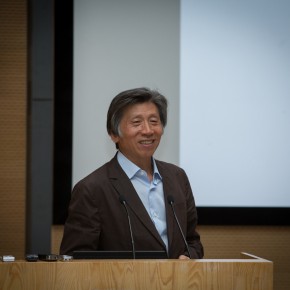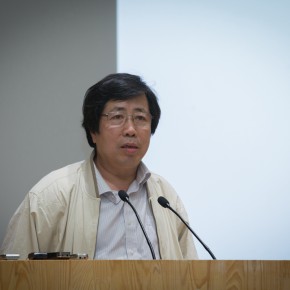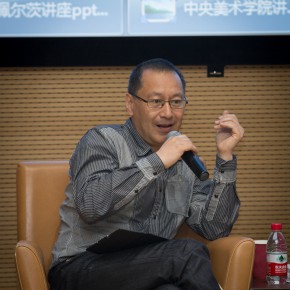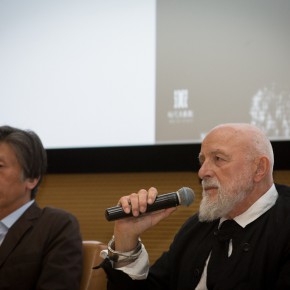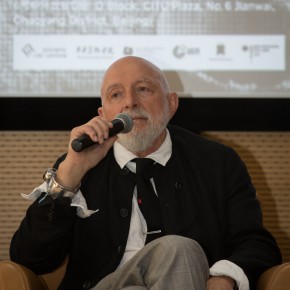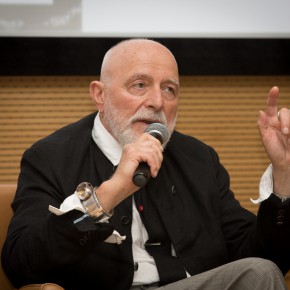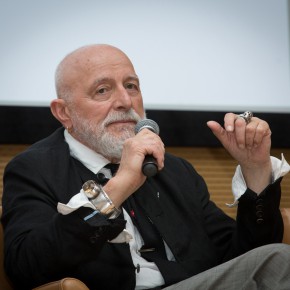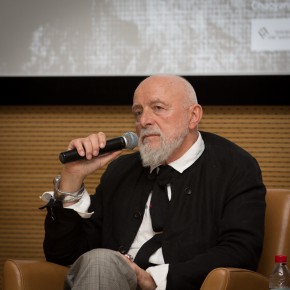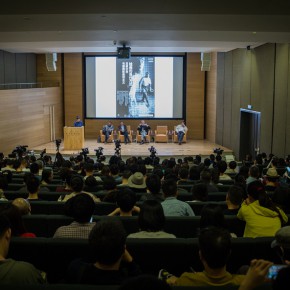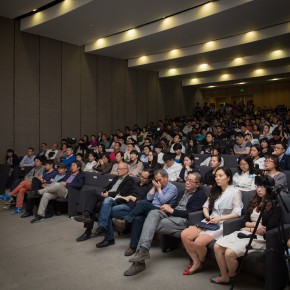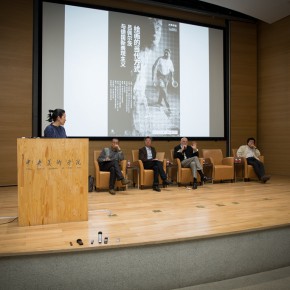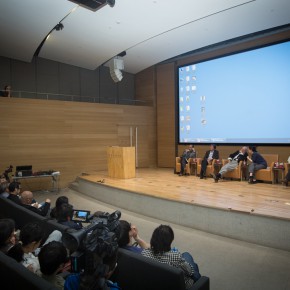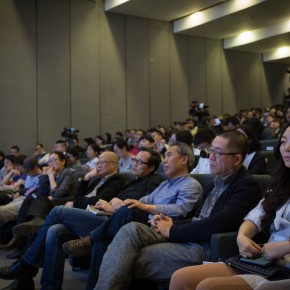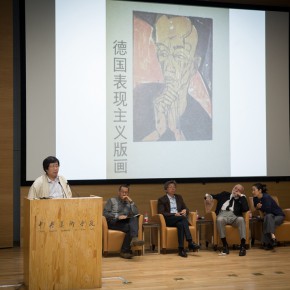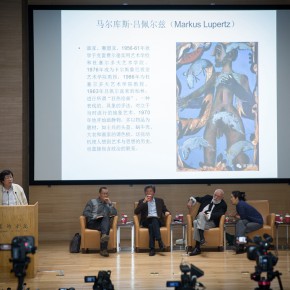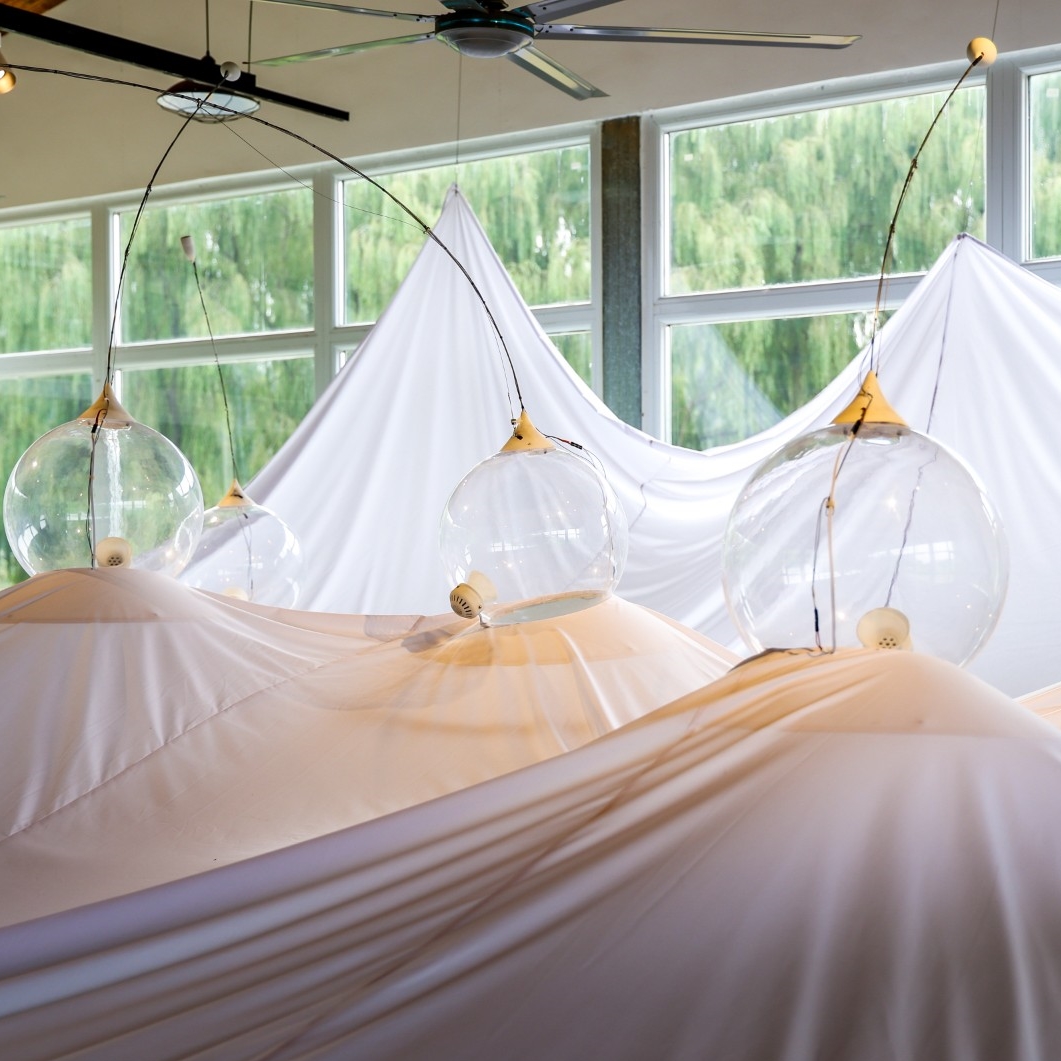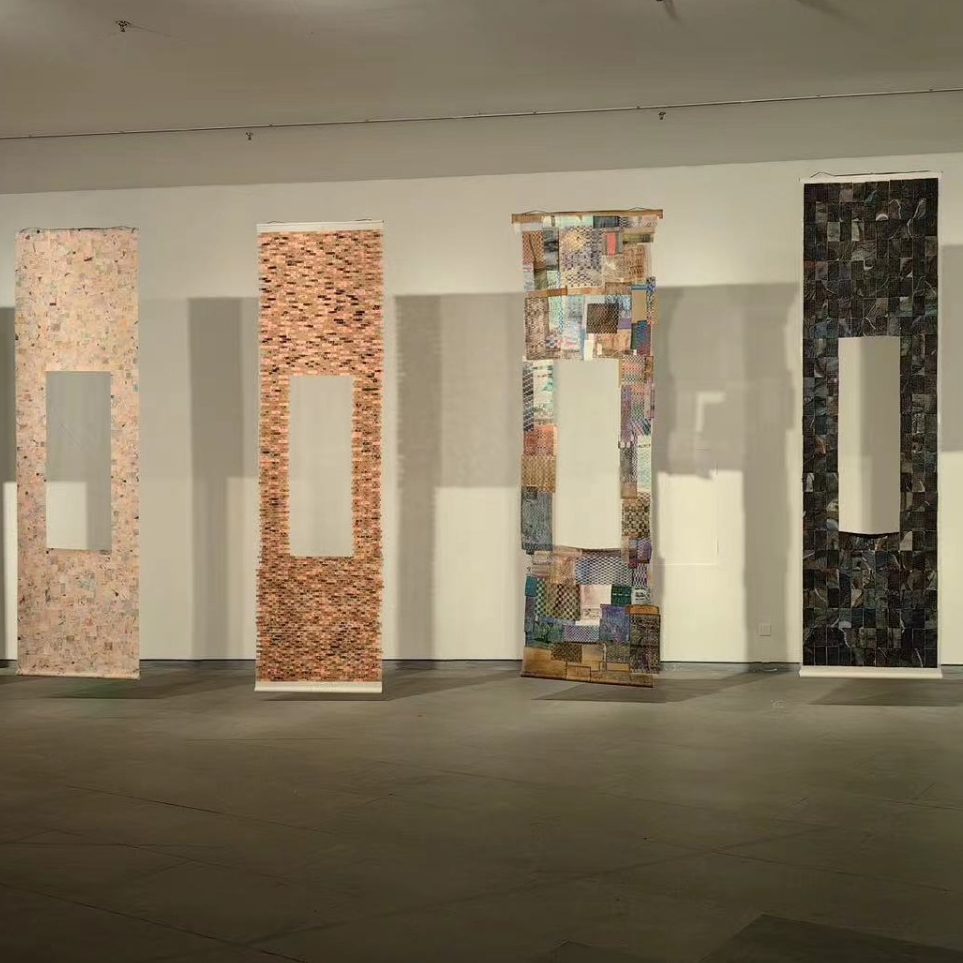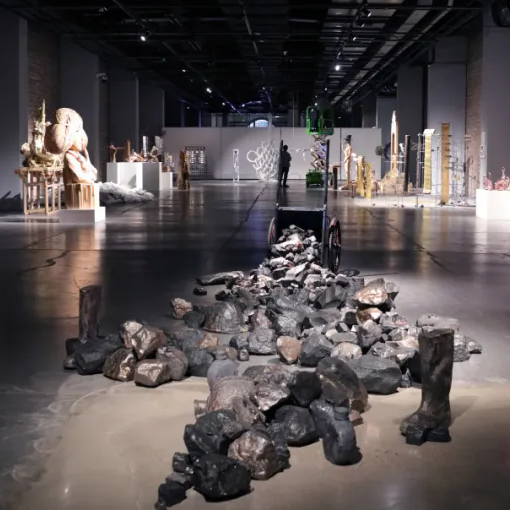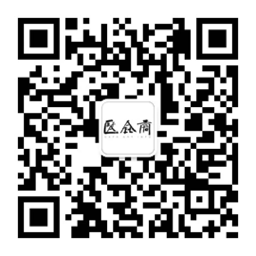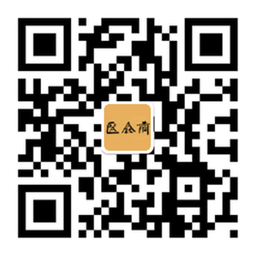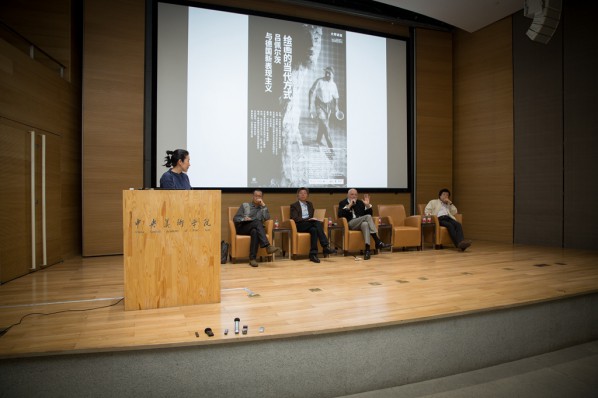
At present, the solo exhibition of German Neo-expressionist Markus Lüpertz, entitled “Markus Lüpertz in China” is on show at Times Art Museum in Beijing, which is the largest solo exhibition held by Markus Lüpertz in China. On the afternoon of April 27, 2015, Markus Lüpertz gave a lecture entitled “Contemporary Form of Painting–Markus Lüpertz and German Neo-Expressionism” at the Auditorium of CAFA Art Museum, Fan Di’an, President of CAFA hosted the lecture, Wang Ge, from the Institute of Philosophy at Chinese Academy of Social Sciences served as the translator, the guests Prof. Yi Ying and Prof. Ma Lu attended the lecture and had a wonderful dialogue with Markus Lüpertz.
At the beginning, President Fan Di’an briefly introduced Markus Lüpertz’s tour to China, and praised his unique, distinct and “stubborn” educational ideas when he served as Director of Kunstakademie Düsseldorf, Germany: focused on the construction of the artistic atmosphere of campus, and emphasizing that apprentices inherit the masters.
Markus Lüpertz’s speech started from the“genius”, because he called himself a genius, therefore he was heavily attacked, for his previous talent was a gift from God, and it was decided at that time as it was often subsequently confirmed after his death. He spoke bluntly that he needed to feel the status of a genius, and refused to give the time or others the power to judge, painting was not an accident for him, but a necessity.Markus Lüpertz said that painting was the king of plastic arts, and also the most difficult “dirty job”, he was a kind of ego-depletion artisanship. Painting had a history of 5000 years, so one had to face the long history when he was creating each time, and a painting always refused to become a picture, so that one should ponder before the canvas, thinking about the combination of ancient history and individual uniqueness, to showcase the extremely self-enhanced “ego”. As an artist, it needed something different from the others, something that was beyond others just as a “genius”was slightly beyond others.
Along with the influence of a variety of media, contemporary art also presents a variety of forms but Markus Lüpertz doesn’t believe the new media and new materials can push forward the development of art, only the extreme ego can push things forward. From Duchamp to Beuys, Avant-garde hoped to try to end the art, in order to bring a new perspective, but it eventually allowed the “mess”to appear in the art museums, forming a blatant, noisy contemporary art scene, and also made the maestros disappear. Although painting faces the impact of new media, Markus Lüpertz confidently believes that painting is the gift of God, the divine things will never be lost, while the influence of new media is just a transient bubble, which will eventually burst, then people will appreciate a painting again. This is the painting after painting in his understanding.
After the speech of Markus Lüpertz, Prof. Yi Ying talked about the influence of German Neo-expressionism on Chinese art, the artists such as Ma Lu, Tan Ping, Zhou Chunya, Zhang Fangbai, Xu Jiang, Zhang Guolong were influenced and formedtheir own styles, so to speak, German Neo-expressionism influenced a generation of Chinese artists. For Markus Lüpertz, although his works had a form, he was opposed to symbol, it was impossible to explain his comments on the image, but a series of creative motives of his works reminded people of the history of art and thinking, including the relationship with politics, grasping it from the perspective of historical spirit, the spirituality of the forms of his paintings was eternal. Prof. Ma Lu said it was difficult to categorize Markus Lüpertz’s art and he agreed with the statement of “genius”, he believed that Markus Lüpertz’s art was “incomplete”, like many broken sculptures from ancient Greece with a kind of beautiful incompleteness.
For the topic of how to “classify” as put forward by Ma Lu, Markus Lüpertz said he was having an anti-American war in Europe, he was opposed to the American concept of art, but he didn’t exclude the achievements gained by America in the 1950s and 1960s, which enriched the form of art and had affected today’s artistic development, but people should not forget the European tradition.He said the United States developed a clear artistic style, but he personally resisted it, and he believed that it was necessary for artists to adhere to an inner specific thing. Western painting was the continuation of European classical tradition, which was an incomplete legacy, and it was full of fine imagination because it was incomplete.
Near the end of lecture, Markus Lüpertz had a close interaction with the audience. For Neo-expressionism, Markus Lüpertz said,as an artist he would never use the concept of “Neo-expressionism”, and it was a misunderstanding that Expressionism was born in Germany, German Expressionism only accepted a way of painting, and the concept of Neo-expressionism didn’t exist in the category of art.
For the relationship between the form of stroke and the structure of frame, Markus Lüpertz hoped to create new brush strokes, for the innovative consciousness he used gelat in color, at the same time he was also a fan of Chinese ink painting, attaching great importance to the role played by the line in painting, and also agreed with David Hockney’s idea that there was“not any shadow” in Chinese painting. Markus Lüpertz resisted multimedia in the lecture. How did he deal with the openness when he served as the Director of Kunstakademie Düsseldorf, Germany, he directly answered that Kunstakademie Düsseldorf was dominated by paintings and sculptures, and stuck to fight against the trend of openness, he believed that it was his achievement, one came to Kunstakademie Düsseldorf, because he wanted to learn painting and sculpture. Finally, a student asked how to master the positionof art between oneself and the teacher, Markus Lüpertz said that there was no correct sample of art to repeat but art was like a religion, where disciples should believe, praise, respect the teachers. There was not any answer, the artists decided the position of art rather than anyone else, if you had no definite view, trust in your teacher.
Text by Zhang Wenzhi, Photo by Quan Jing/CAFA ART INFO
Translated by Chen Peihua and edited by Sue/CAFA ART INFO


